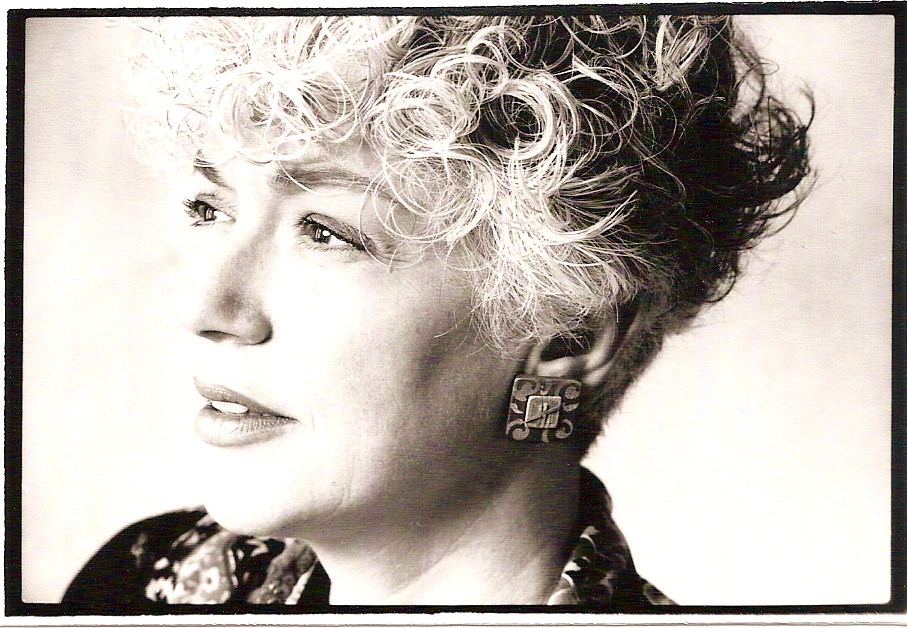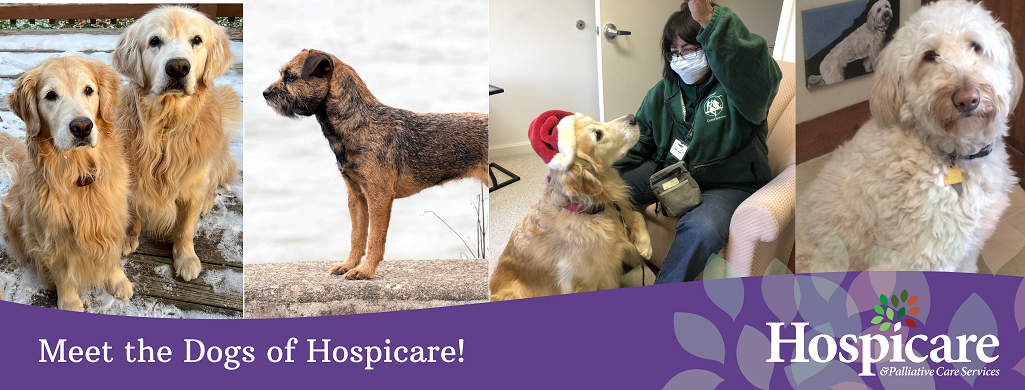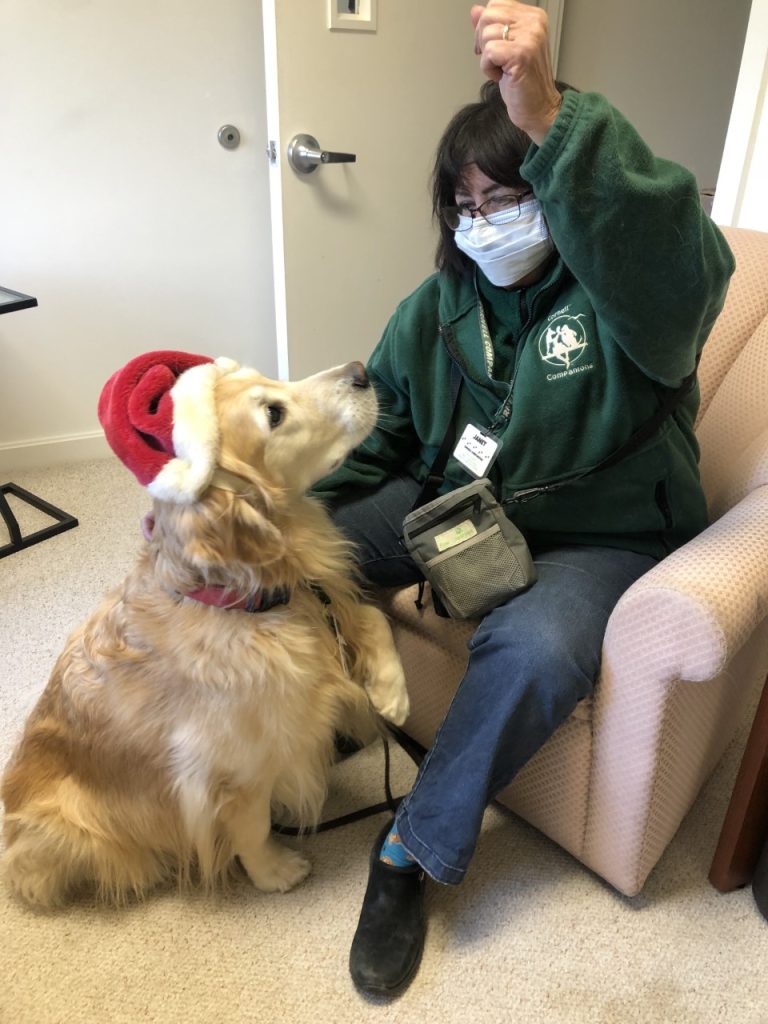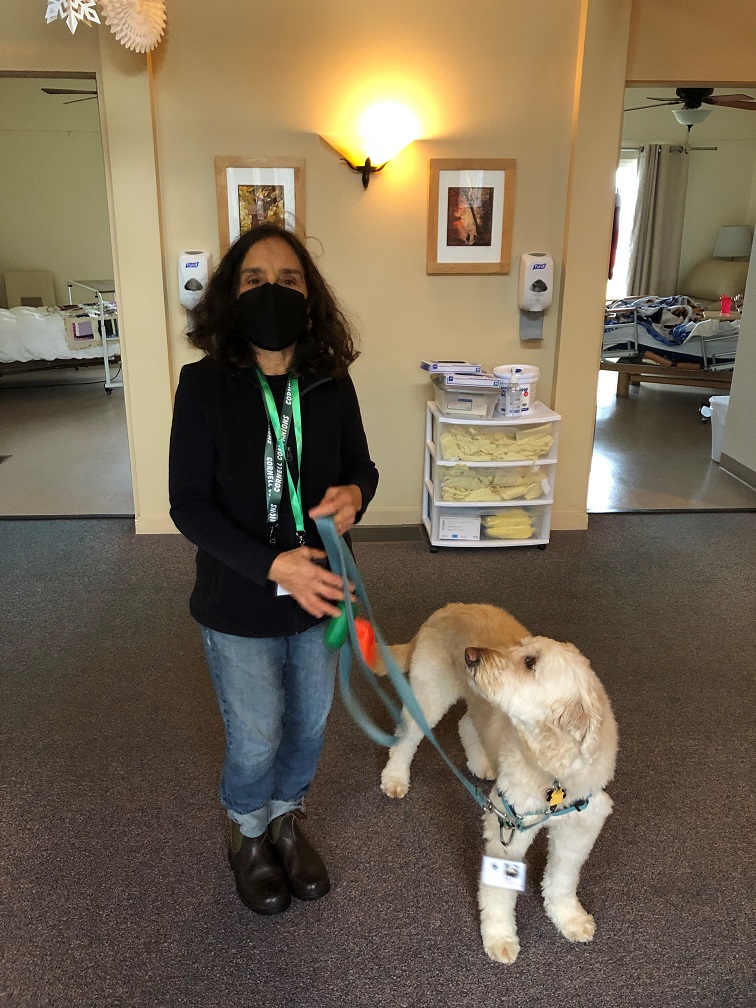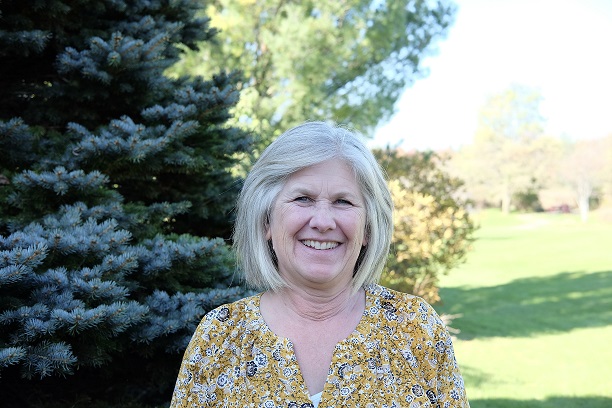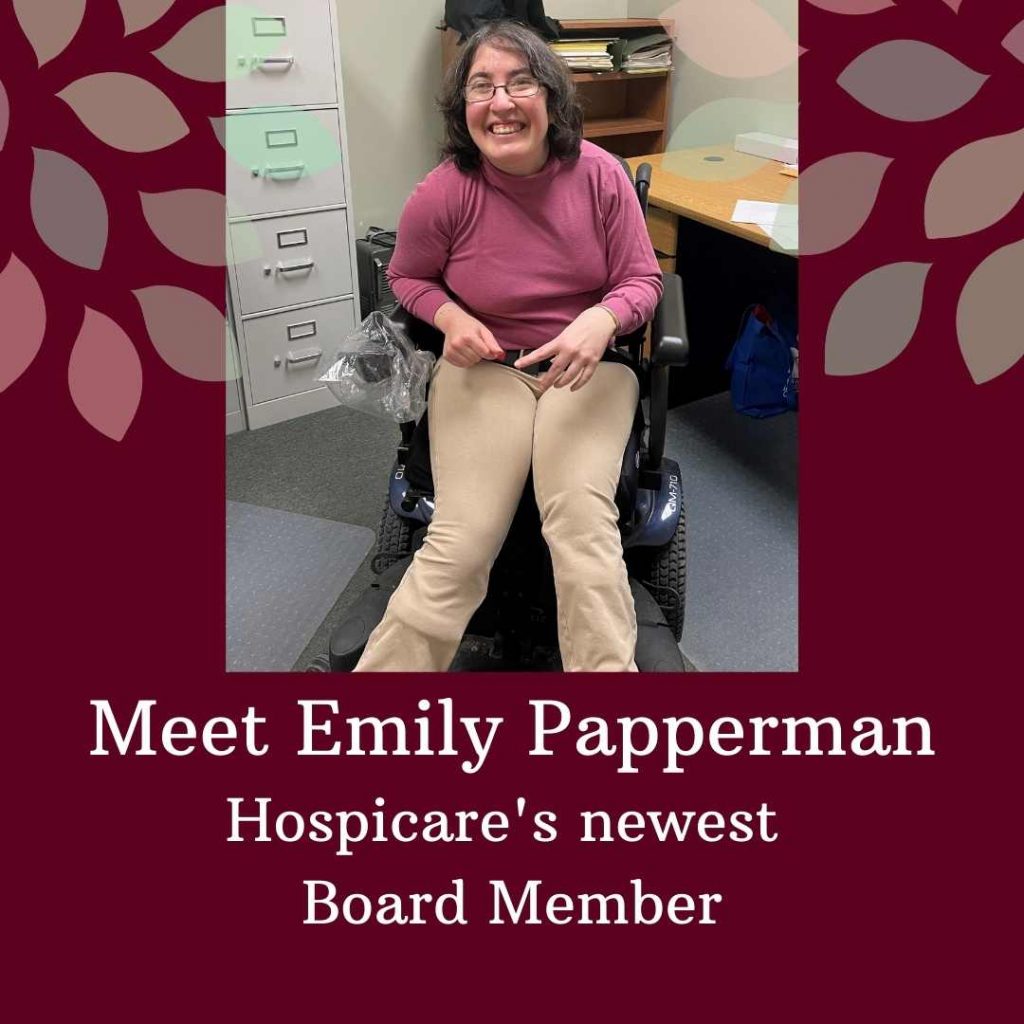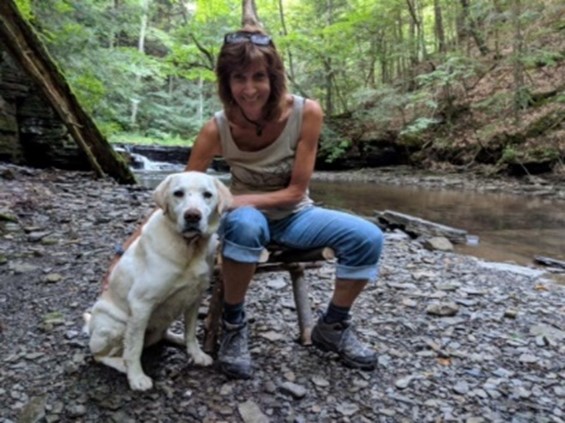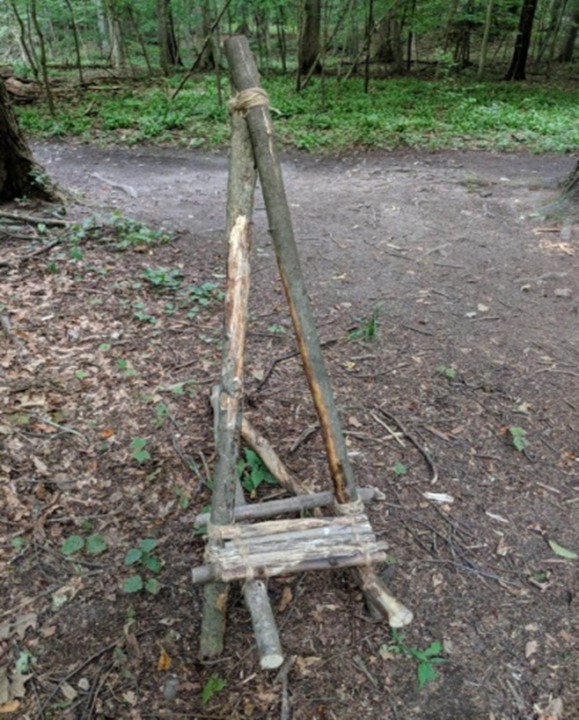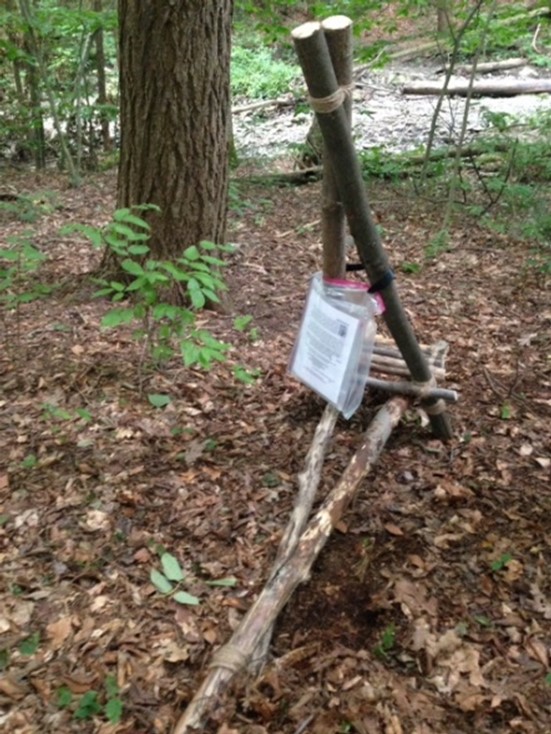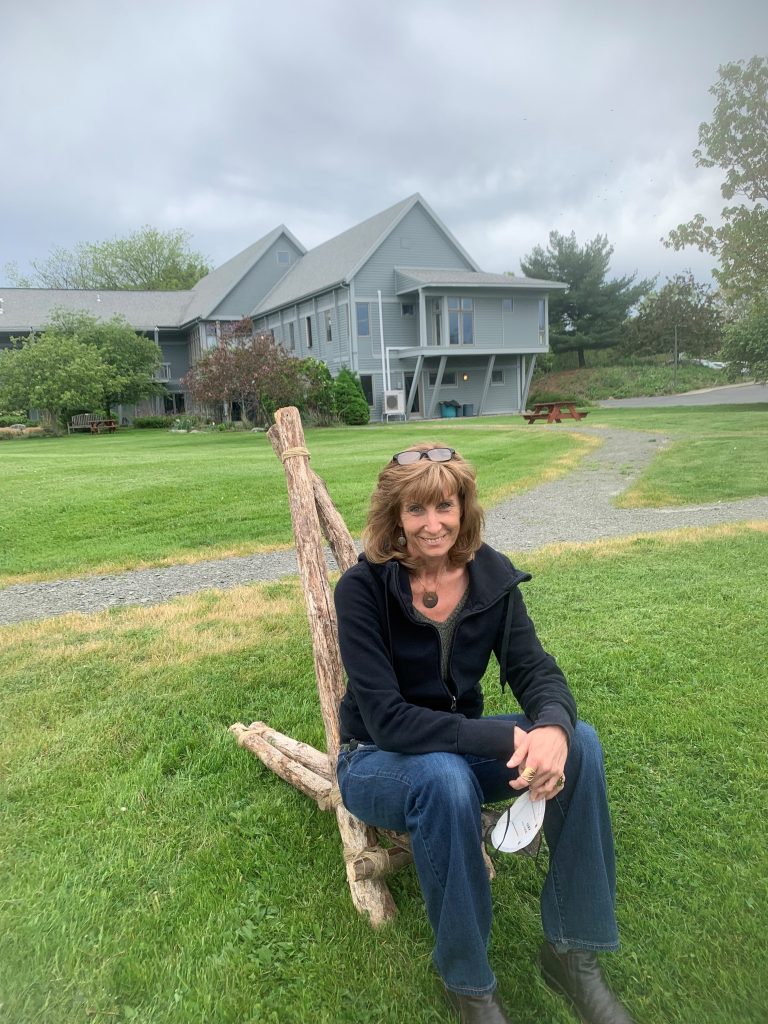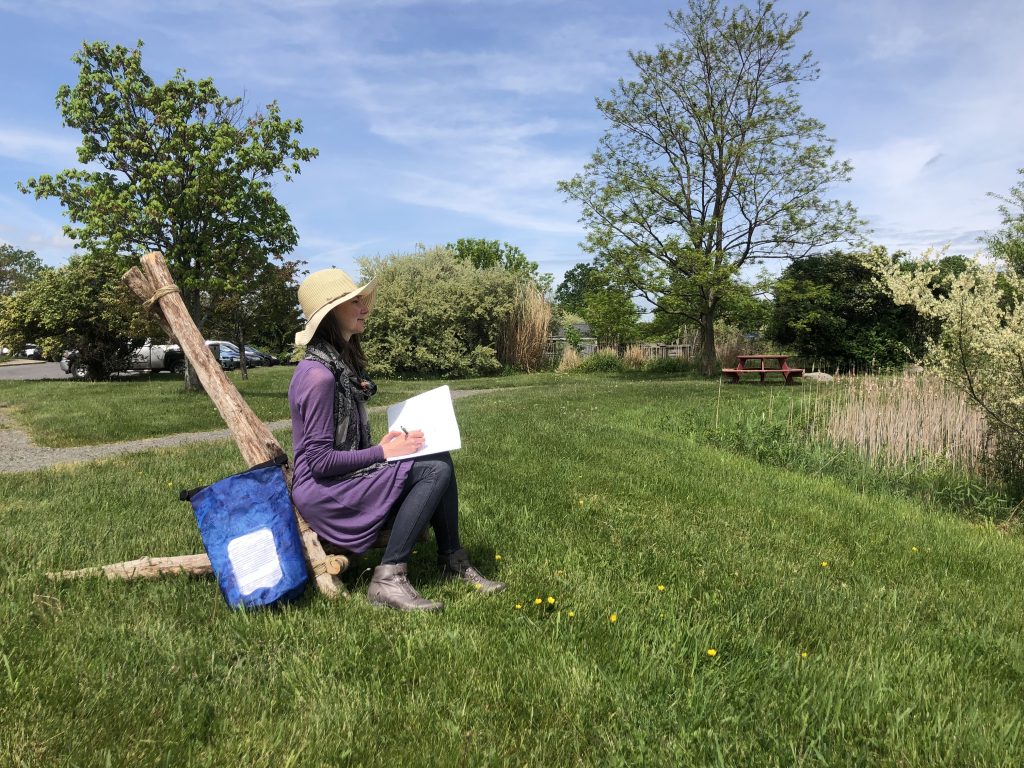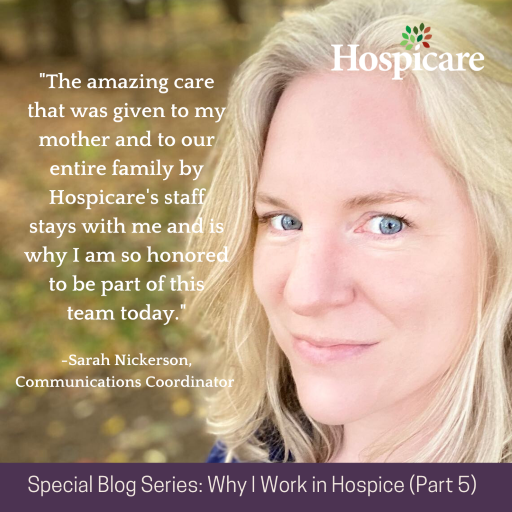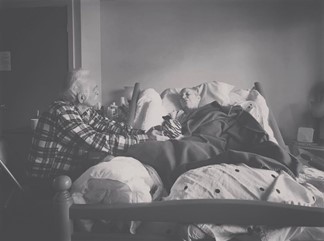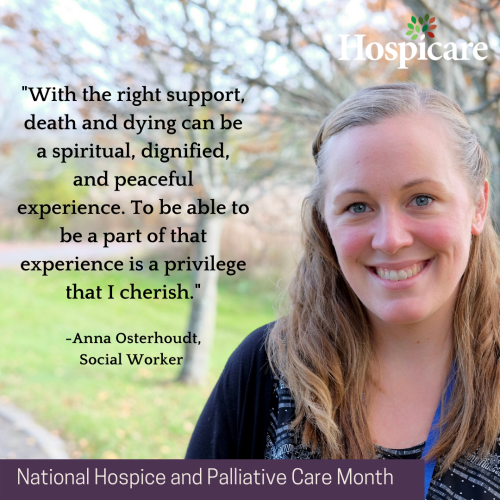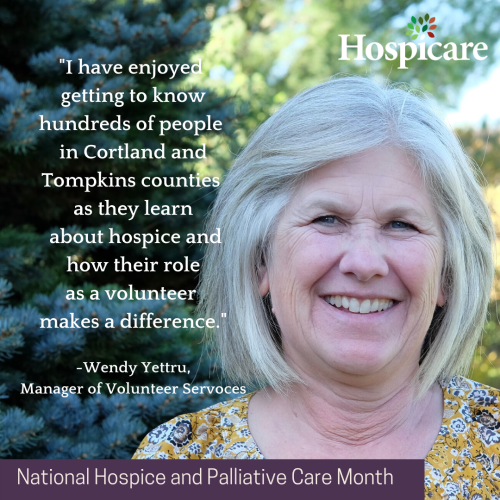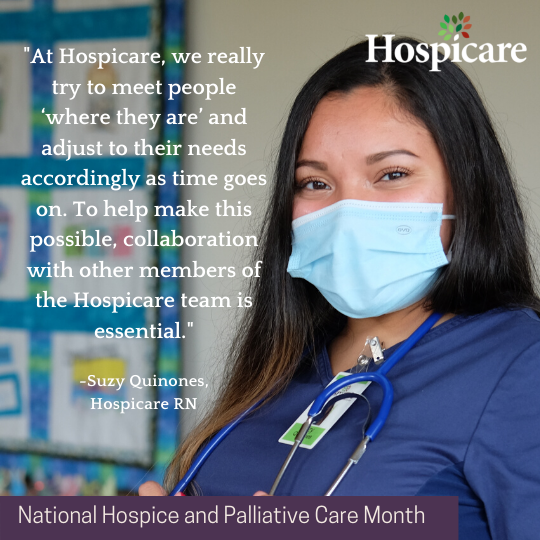
We are so pleased to welcome three new board members to our team. Read on to learn more about Kathy, Kenneth, and Mary.
Kathy Schlather
Kathy Schlather has lived with her husband, Ray, on the West Hill of the City of Ithaca since 1973. She is a graduate of the school of Human Ecology at Cornell University and of the State University at Albany with a Master of Social Work in Human Services Management.
Previous to her retirement in April of 2022, Kathy was the Executive Director of the Human Services Coalition of Tompkins County (HSC) for 17 years. Prior to HSC, she was the Planner and a Deputy Commissioner for the Tompkins County Department of Social Services. In her position as HSC Executive Director, she served as the Co-Chair of the Ithaca/Tompkins Continuum of Care. She currently serves on Boards of the United Way and Hospicare. She is a member of the County’s Housing Trust Fund Review Committee, and she chairs the Ithaca Urban Renewal Agency’s Governance Committee.
Mary is the proud grandmother of 2 incredible teenagers.
“I have personally witnessed the compassionate and professional care that the Hospicare staff and volunteers provide. Hospicare is an essential part of our health care system and an invaluable community resource. As a board member, I will work to assure that it remains an option for anyone who is in need of its services.”
Kathy Schlather
Rev. Dr. Kenneth I. Clarke, Sr.
Rev. Dr. Kenneth I. Clarke, Sr., is Director of the Tompkins County Office of Human Rights in Ithaca, NY. From 2001 to 2017 Ken was Director of Cornell United Religious Work at Cornell University. He also served as Assistant Director and Director of the Center for Ethics and Religious Affairs at Penn State University from 1990-2001. While at Penn State, Ken was an Instructor in African/African American Studies and co-pastor of the Albright Bethune United Methodist Church in State College, PA. Ken was employed at Third Baptist Church of San Francisco from 1987-1990, where he was Director of Development for the church’s Ethiopian Refugee Resettlement Project and Assistant Pastor/Administrator.
A native of Baltimore, MD, Ken graduated from Morgan State University in 1980 with a B.A. in English, earned a Master of Divinity degree from Colgate Rochester Crozer Divinity School in 1986 and a Doctor of Ministry degree from United Theological Seminary (Dayton, OH) in 2008.
Mary George Opperman
Mary George Opperman serves as Senior Vice President and University Secretary at Syracuse University. Reporting to the chair of the Board of Trustees, she supports the work of the board, manages the Office of the Board of Trustees and works closely with the Board Chair, the Chancellor, senior administration, and committee chairs, to provide counsel and guidance on strategy, policy, and process. Mary is also president of The Opperman Consulting Group, where she serves as a thought partner to leaders as they plan and execute their priorities. Mary served for over 25 years as Vice President and Chief Human Resources Officer for Cornell University.
Mary is an active supporter of her community and has served on numerous boards of local and national organizations. She is currently serving on the boards of the Legacy Foundation of Tompkins County, the Sciencenter, and the National Academy of Human Resources Foundation and recently completed terms on the board of Ithaca College and the Cornell School of Industrial and Labor Relations Advisory Council.
Mary is a fellow of the National Academy of Human Resources and is certified by the Society for Human Resource Management as a senior professional in human resources. She has a bachelor’s degree from the State University of New York at Oneonta in political science and a Master of Science degree in organizational behavior from Cornell University.
